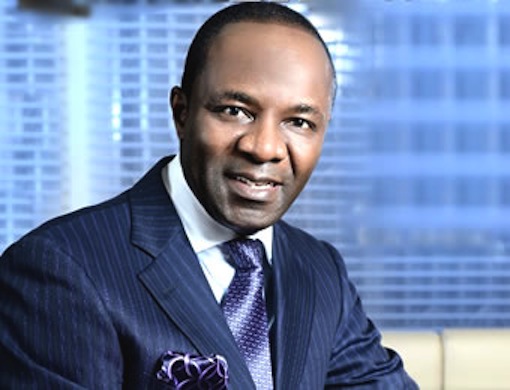Minister of State for Petroleum Resources, Dr. Ibe Kachikwu, on Monday said the trucks conveying the product were being diverted to Cameroon and Chad and that this is a major factor in the continuing difficulty in getting fuel.
Kachikwu stated this in Lagos at a town hall meeting. He stated that the Nigerian National Petroleum Corporation (NNPC) have so far been unable to keep tabs on the trucks being used to convey the product to filling stations.
He revealed that the trucks were going to Chad and Cameroon. To curb this, Kachikwu said the ministry was working towards installing trackers on each truck and registering the depots and filling stations they were meant to supply.
He stated “Over 30 per cent of (fuel) supply is diverted. For example, in the last five days, we have pumped 400 trucks of product into Lagos State. The total consumption (in the state) at the maximum is 250 trucks; most of those trucks are diverted from Lagos to the hinterland of Chad and Cameroon.
“We need, literally, a whole army to stop this from happening. So, I continue to supply and over-supply and so we struggle.”
He encouraged Nigerians, saying that the scarcity couldn’t be fought by the government alone and that they should report any wrongdoing.
We started publishing deliveries and tell you the filling stations they were allocated to. So, if you don’t find products in those filling stations, there are hotlines to call,”
Kachikwu said the NNPC had largely dealt with the shortfall in supply resulting from subsidy debt to the marketers and foreign exchange scarcity, and had, by itself, substantially improved supply of products.
He, however, described this as a short-term solution, saying the private sector “needs to drive this business… because ultimately, without doing that, we are never going to find a solution to this problem.”

